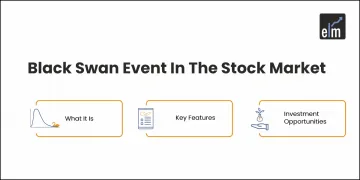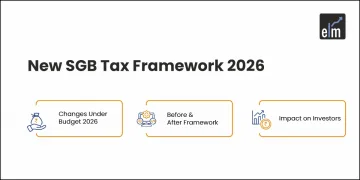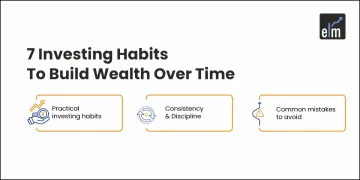A CMT® is a professional technical analyst who works for the CMT Association (formerly the MTA). For nearly 50 years, this global organization has provided credentials to the financial sector. The CMT is the world’s most prestigious accreditation for practitioners, denoting the highest level of training.
Through a disciplined, systematic approach to market behavior and the law of supply and demand, technical analysis provides the tools to successfully bridge the gap between intrinsic value and market price across all asset classes. The CMT designation allows you to demonstrate that you are an expert in a wide range of investment risk management topics, including rules-based trading system design.
In this blog, we will discuss CMT and the basic understanding of the topics covered in CMT- level 3:
CMT Level-3
Level III assesses the candidate’s ability to integrate the concepts identified in Level I with the practical application learned in Level II. The exam lasts four hours and is made up of short-answer essay questions and multiple-choice questions. Let us discuss the topics covered in CMT Level-3
1. Ethics
Candidates should read the Standards of Practice Handbook to prepare for the CMT exams. According to the CFA Institute, the Standards of Practice Handbook “grounds the concepts contained in the Code and Standards for practical usage.”
This manual can assist you in navigating any ethical quandaries that may arise in your professional life. By reading the Handbook, candidates can create a thorough study plan and prepare for professional practice.
2. Risk Management
Risk management is essential for a successful trader. The specific actions you take to protect your trading account from losses. You can learn to weigh the risk/reward of every single trade intelligently. And over time, your months and years of experience can add up. And over time, you can better learn to weigh the risk/reward of every single trade intelligently.
3. Asset Relationships
There are numerous methods of analysis available for determining how or why financial markets and assets behave as they do. In some cases, however, there is a strong relationship between how one asset moves relative to another, known as correlation.
While statisticians will point out that correlation does not equal causation, a move in one asset’s price is not always the cause of another asset’s price; price action is interconnected to some extent.
Correlations can be useful in determining how two assets may move relative to one another, providing opportunities for pair trades and secondary trades.
In this section, learn how to determine the relationship among assets like bonds, currency, commodities, and stocks.
4. Portfolio Management
Portfolio management is the art and science of selecting and overseeing investments that meet a client’s long-term financial objectives and risk tolerance.
Some people manage their investment portfolios. This necessitates a fundamental understanding of the key elements of portfolio construction and maintenance that contribute to success, such as asset allocation, diversification, and rebalancing.
5. Behavioral Finance
Behavioral finance, a subfield of behavioral economics, proposes that psychological influences and biases influence investors’ and financial practitioners’ financial behaviors. Furthermore, influences and biases can explain all market anomalies, particularly in the stock market, such as sharp rises or falls in stock prices. Because behavioral finance is such an important part of investing, the Securities and Exchange Commission has staff dedicated to it.
In this section, CMT candidates will learn about different types of biases. The impact of biases is one of the most important aspects of behavioral finance research. Biases can arise for several reasons. Biases can be classified into one of five key concepts. Understanding and categorizing various behavioral finance biases can be critical when focusing on the study or analysis of industry or sector outcomes and results.
6. Volatility Analysis
Volatility is frequently used to describe the degree of uncertainty or risk associated with the magnitude of changes in the value of a security. Higher volatility indicates that the value of a security can potentially be spread out over a wider range of values.
This means that the security’s price can change dramatically in either direction in a short period. Lower volatility indicates that the value of a security does not fluctuate dramatically and is more stable.
You can also do our course on TRADING MENTORSHIP PROGRAM
7. Classic Methods
In this section, we will learn about different types of charting methods and indicators that are used by technical analyst to analyze the price movements of different types of financial instruments that are traded in the financial markets.
Bottomline
We hope you found this blog informative and use it to its maximum potential in the practical world. Also, show some love by sharing this blog with your family and friends and helping us in our mission of spreading financial literacy.
Happy Investing!







